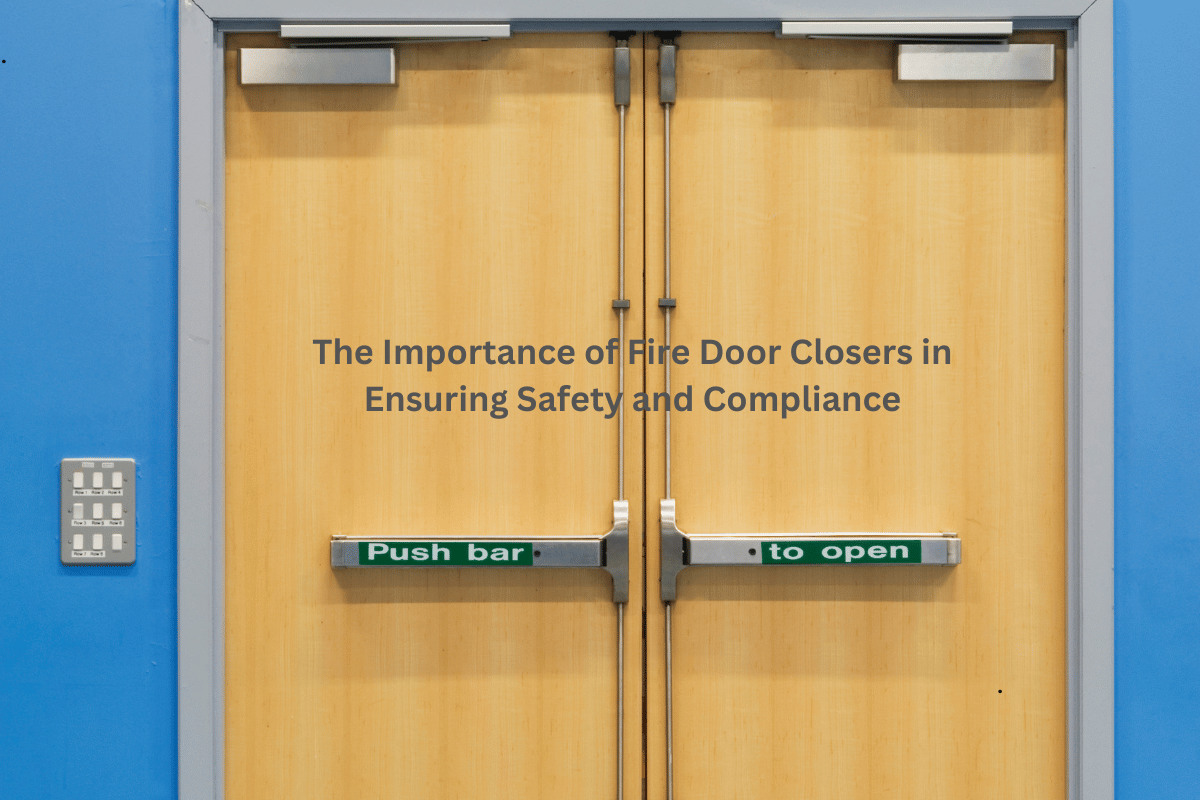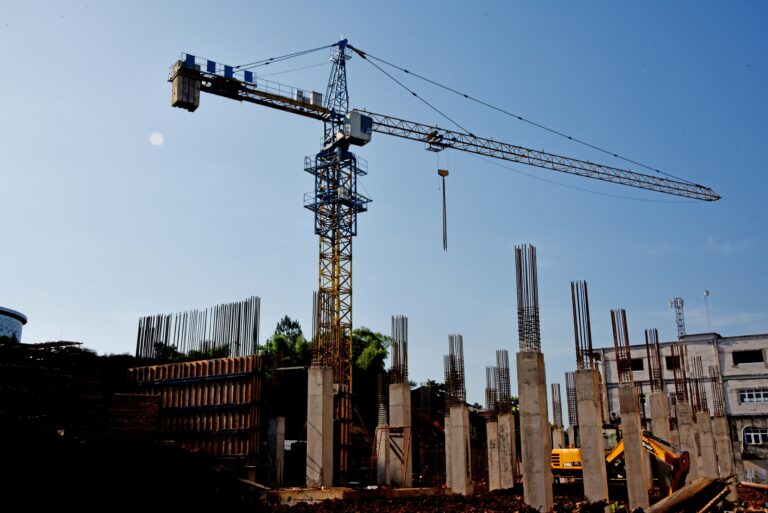The Importance of Fire Door Closers in Ensuring Safety and Compliance
Fire safety is a critical concern in both residential and commercial buildings. With the increasing risks of fire hazards, ensuring that buildings are equipped with proper fire prevention and control mechanisms is essential. One of the most crucial elements in fire safety is the use of fire door closers—devices designed to automatically close doors after they have been opened, preventing the spread of fire and smoke. These closers are integral to fire safety regulations and play a vital role in protecting lives and property.
Understanding Fire Door Closers
Fire door closers are mechanical or hydraulic devices that ensure fire doors close automatically. They function by applying controlled force to shut a door without the need for manual intervention. This feature is especially important in emergencies, where open doors can allow fire and smoke to spread rapidly, endangering occupants and causing extensive damage to property.
Fire door closers come in different types, including overhead closers, concealed closers, and floor-spring closers. Each type serves a unique purpose and is selected based on the door’s location, size, and fire safety requirements.
Why Fire Door Closers Are Essential
1. Preventing Fire Spread
One of the primary functions of a fire door closer is to contain fire within a specific area. Fire doors are designed to resist fire for a set period, typically 30 to 60 minutes. However, their effectiveness is significantly reduced if they remain open. Fire door closers ensure that doors automatically close after use, effectively preventing the spread of flames and smoke.
2. Ensuring Compliance with Fire Safety Regulations
Fire safety regulations mandate that buildings, especially commercial and public premises, must have functional fire doors with closers. Failure to comply with these regulations can result in legal penalties, fines, and increased liability in case of fire incidents. Investing in a solution from trusted providers like Tradefit fire door closers ensures that property owners meet legal requirements and enhance safety.
3. Enhancing Occupant Safety
Fire doors with effective closers can save lives by creating secure exit routes. In the event of a fire, closed doors reduce the infiltration of smoke, which is one of the leading causes of fatalities in fire emergencies. Automatic fire door closers ensure that occupants have more time to evacuate safely.
4. Protecting Property and Assets
Fires can cause extensive damage to buildings, leading to financial losses. By preventing the spread of fire, fire door closers help minimize damage to valuable assets and infrastructure. This protection is particularly vital for businesses, schools, and healthcare facilities, where the loss of critical equipment and documents could be devastating.
Choosing the Right Fire Door Closer
Selecting the right fire door closer involves considering various factors such as door weight, usage frequency, and fire rating. Here are some key considerations:
- Fire Resistance Rating: Ensure that the fire door closer is compatible with the fire resistance rating of the door. Most fire doors are rated for 30 or 60 minutes of fire resistance.
- Closing Speed and Force: The closer should have an adjustable closing speed to provide controlled closure without slamming.
- Durability and Maintenance: High-quality fire door closers require minimal maintenance and have a longer lifespan.
- Certifications and Standards: Always choose fire door closers that comply with industry standards, such as BS EN 1154, which ensures reliability and effectiveness.
Installation and Maintenance of Fire Door Closers
Proper installation and regular maintenance of fire door closers are crucial for their functionality. Here are some best practices:
Installation Best Practices
- Ensure that the closer is installed according to the manufacturer’s guidelines.
- Use the correct fixings and brackets to maintain durability.
- Check that the door closes fully and latches properly.
Regular Maintenance Tips
- Inspect the closer for any signs of wear and tear.
- Lubricate moving parts to ensure smooth operation.
- Test the closing mechanism periodically to ensure reliability.
- Replace faulty closers immediately to maintain fire safety compliance.
Common Misconceptions About Fire Door Closers
Despite their importance, some misconceptions exist about fire door closers. Here are a few myths debunked:
- “Fire doors don’t need closers if they are rarely used.” Fire doors must always have functional closers, regardless of how frequently they are used.
- “Propping open a fire door is harmless.” Fire doors must remain closed to be effective. Using doorstops or wedges to keep them open compromises their function and violates fire safety laws.
- “All door closers are the same.” Not all door closers are fire-rated. It is crucial to invest in specialized fire door closers from reputable providers to ensure compliance and safety.
Conclusion
Fire door closers are a fundamental part of fire safety systems in buildings. They help contain fires, protect occupants, and ensure compliance with fire safety regulations. Investing in high-quality fire door closers is a proactive step toward enhancing safety and protecting property. Whether for residential, commercial, or industrial use, ensuring that fire doors function effectively with reliable closers can make a significant difference in emergency situations.







